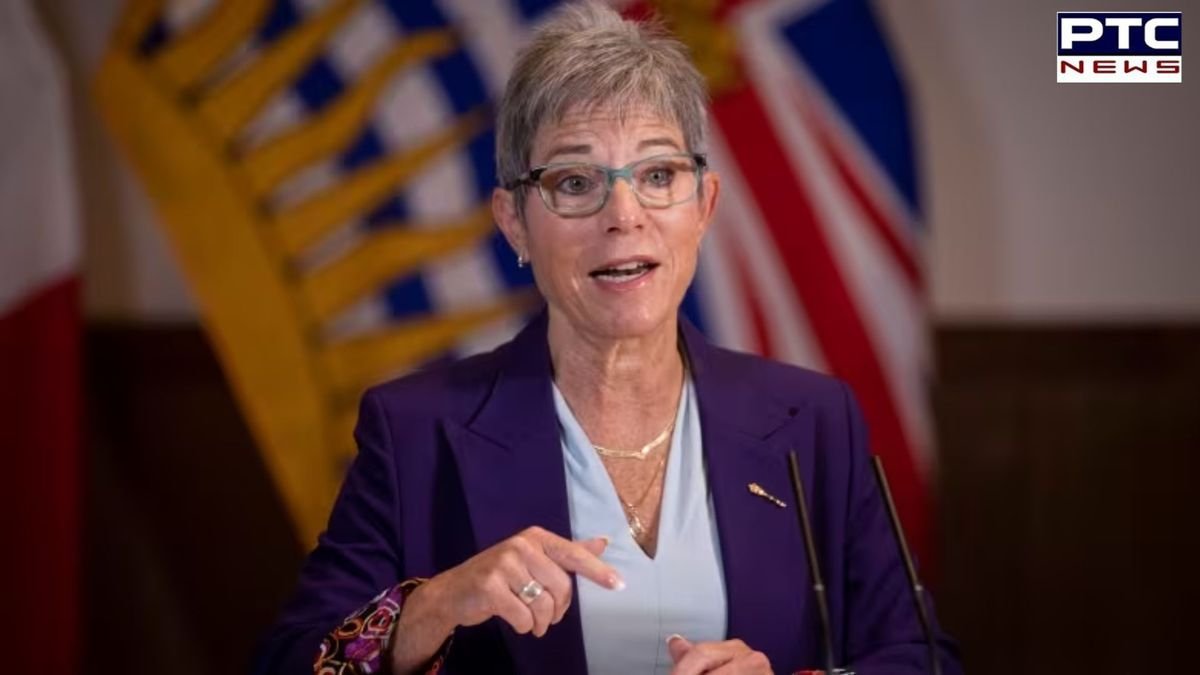Following the lead of Ontario, British Columbia has taken significant steps to address the misuse of the international student system, implementing measures aimed at eliminating exploitative practices. Selina Robinson, the Minister of Post-Secondary Education and Future Skills in British Columbia, announced these initiatives during a press conference in Surrey, Canada, emphasizing the province’s commitment to protecting students and improving the quality of post-secondary education.
Among the measures unveiled is a two-year pause on approvals for new post-secondary institutions seeking to enroll international students. This strategic move aims to assess and enhance the standards of these institutions, ensuring that they meet quality benchmarks and provide adequate support for students. Additionally, private post-secondary institutions will undergo more frequent inspections to verify compliance with quality standards and to monitor ongoing improvements.
Private degree programs will face heightened scrutiny, requiring them to meet elevated standards for approval. These standards include rigorous assessments of degree quality, a demonstrated labor-market need for graduates, sufficient resources, and comprehensive student support services. The Ministry of Post-Secondary Education and Future Skills underscored the importance of implementing these measures to curb exploitative practices and uphold the integrity of the international student system in British Columbia.
Minister Selina Robinson emphasized the need for these requirements, stating that international students come to the province for quality education but too often fall victim to exploitation. The new regulations are designed to prevent institutions from taking advantage of international students and eliminate the ability of private institutions to host international students if they fail to meet provincial standards for quality education.
The province’s commitment to eliminating exploitative practices aligns with its broader goal of strengthening quality standards and introducing safeguards for international students. These initiatives aim to create a conducive environment for international students to pursue their education without facing undue exploitation.
This announcement follows a similar move by the province of Ontario, which implemented measures to protect the integrity of its post-secondary education system. Minister of Colleges and Universities Jill Dunlop announced a moratorium on new partnerships between public and private colleges in Ontario, a step aimed at preventing the misuse of public institutions’ credentials by new private colleges.
The significance of these measures is underscored by the substantial international student population in Canada. As of the end of 2023, there were 1,028,850 international students with study permits in Canada, with over half of them, 526,015, located in Ontario. British Columbia accounted for the second-largest international student population with 202,565 students. Among these international students, those from India form the largest national cohort. The number of Indian students with study permits has witnessed a sharp increase over the past five years, highlighting the need for robust measures to protect their interests and ensure the integrity of the education system.
In conclusion, British Columbia’s proactive approach to address exploitative practices and enhance the quality of post-secondary education demonstrates a commitment to safeguarding the well-being of international students and maintaining the reputation of its education system. These measures mark a crucial step in fostering a supportive environment for international students pursuing their academic aspirations in the province.
Paris sightseeing
Book Paris activities
Louvre museum paris
Paris limousine rental
Rolls Royce Paris
Eiffel Tower Paris
Airport Transfer Paris
Book Paris Taxi
Seine River Cruise
Wine Tasting Paris
Paris luxury hotels
Switzerland luxury hotels
Europe Car rental
Europe coach rental
Paris Limousine
Dior Paris
Beauvais Airport transfer
